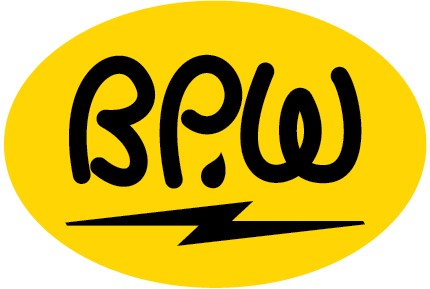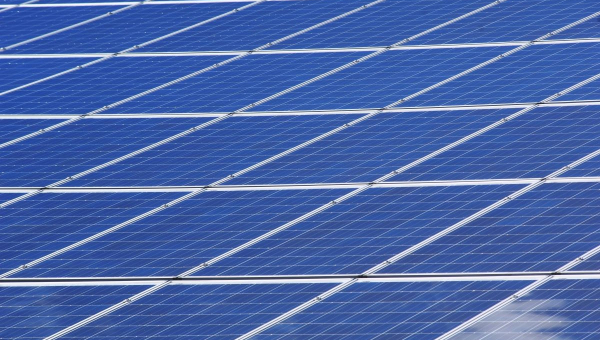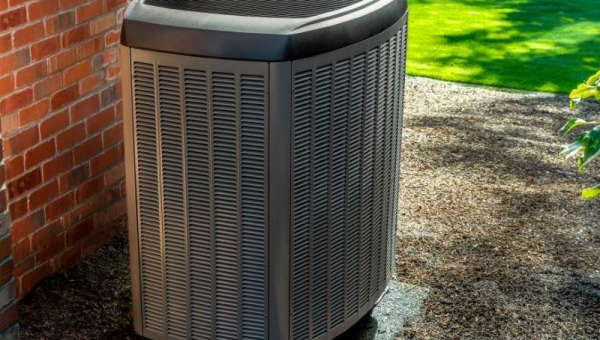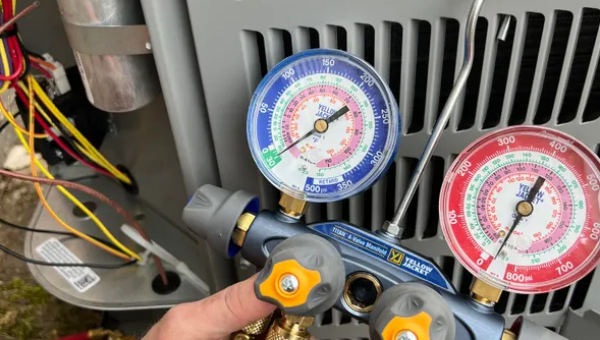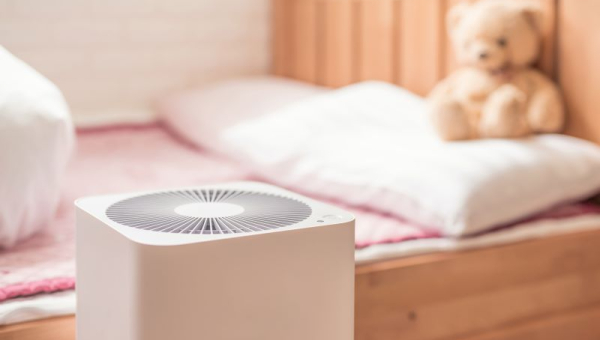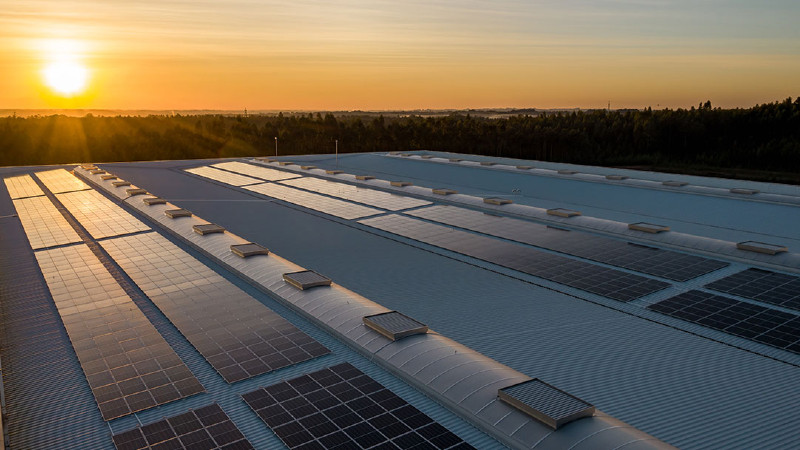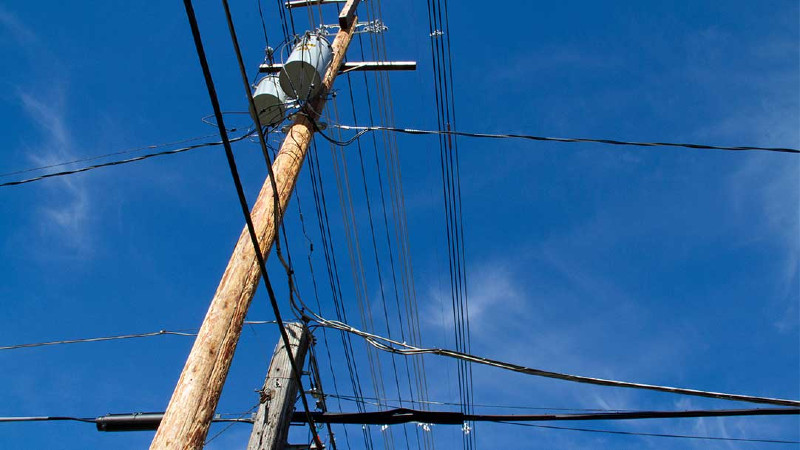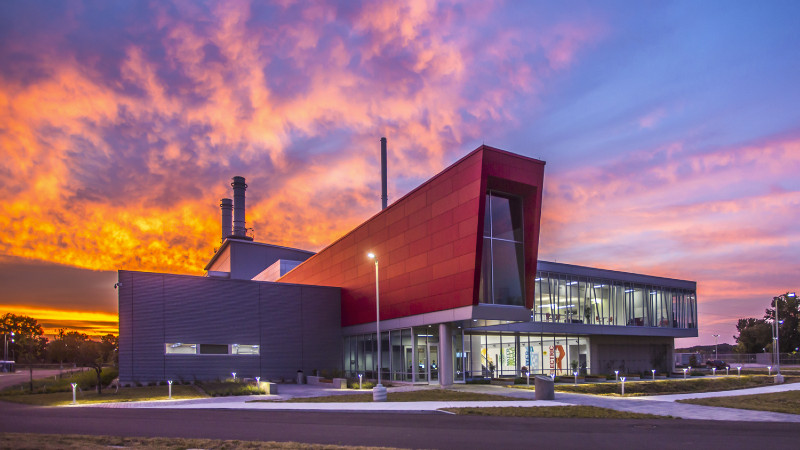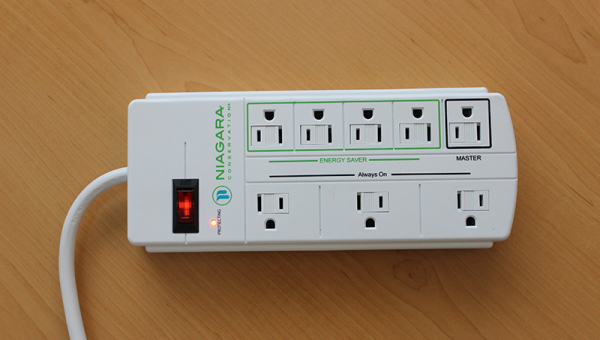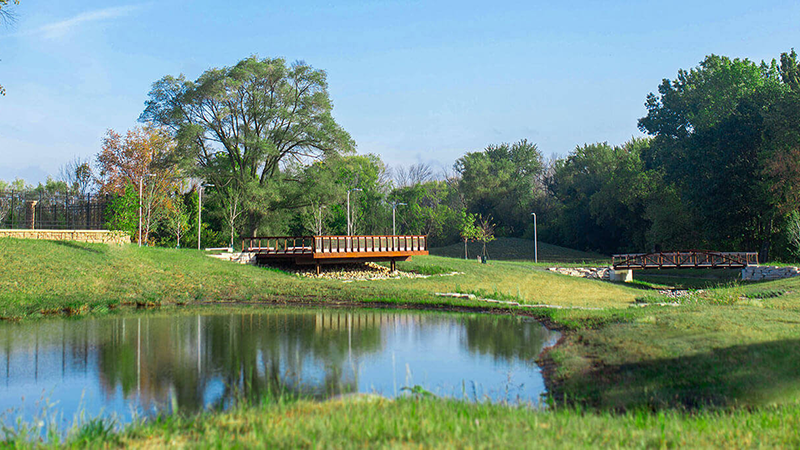As a savvy local utility customer, you may have wondered about the environmental benefits of switching from natural gas appliances to electric appliances, especially if most of our local electricity comes from a natural gas power plant.
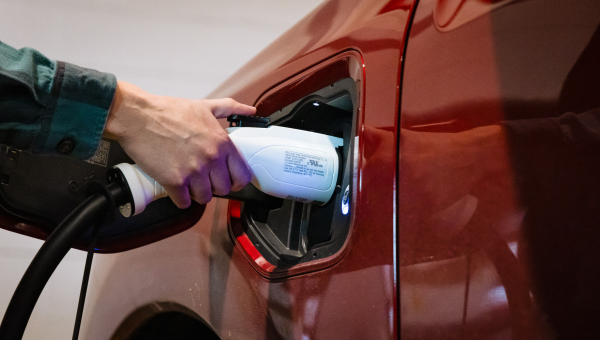
The Holland Board of Public Works has launched a new online "EV Toolkit" — a trustworthy and comprehensive resource for all EV-related topics. It's a guide for anyone interested in purchasing an EV, with information on different models, charging options, environmental considerations, and potential costs and savings.
Demolition of Holland BPW’s retired James De Young (JDY) power plant is underway.
Where Do We Get Power?
We Are Committed to Diversified Power Generation
Holland Board of Public Works offers a diverse energy portfolio, distributing energy from natural gas, coal, wind, biomass, and landfill gas. In fact, with our Power Purchase Agreements (PPAs) over 15% of our power comes from sustainable energy sources. This diversity helps us to keep our rates consistent and competitive, sourcing our power from the most affordable option at any given time.
Through a partnership with the Michigan Public Power Agency (MPPA), we have power purchase agreements for renewable energy from several large solar arrays in Michigan.
The services we provide are essential to the foundation of our community and you need to be able to count on them. How do we measure reliability? In the electric utility, we track performance using industry standards, such as SAIFI and SAIDI, which allow us to benchmark ourselves with other electric providers.
Holland BPW generates, transmits and distributes electricity to approximately 30,000 customers within the City of Holland, Park Township, Holland Township, Laketown Township and Fillmore Township.
Holland Energy Park™ grounds feature paved walking trails that will be integrated into the Macatawa Greenway system.
During optimal conditions, Holland Energy Park boasts nearly 60% thermal efficiency in the production of power and heat for the community.
Why Build a New Plant? The direction for creating the Holland Energy Park™ came directly from our community.

